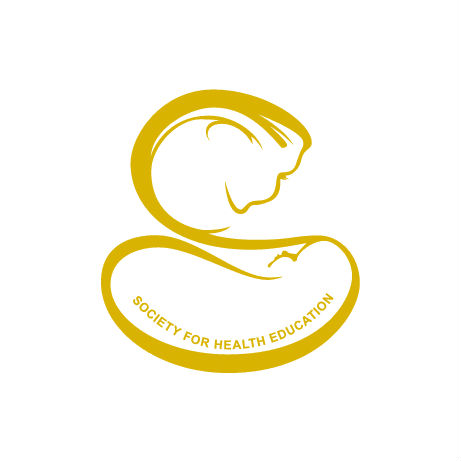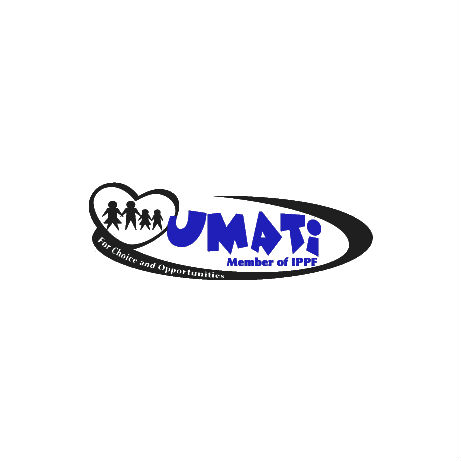

| 31 March 2016
Society for Health Education (SHE) Maldives
The Society for Health Education (SHE) was established in 1988 by 4 women. It adopts an integrated approach to health education and service delivery and its role includes increasing the accessibility of services and using the media for education and communication. The society runs outreach programmes and mobilizes voluntary support to develop projects and to maintain and enhance service provision. SHE conducts selective research to assess and report on emergent health issues (especially the high incidence of thalassaemia). SHE operates a permanent clinic offering family planning services in the Maldive’s capital, Male. From here it runs counselling services, training courses for medical, paramedical and administrative staff, screening, and genetic counselling and research with a view to reducing the number of children born with thalassaemia. In schools, SHE operates a health programme for young people, providing information on population, thalassaemia, early marriage and pregnancy, sexually transmitted infections (STIs) and smoking and drugs. It also produces an extensive range of health education materials including both publications and radio and television programmes. Fundraising and income generation is a high priority for SHE which organizes a number of annual events, such as a Children's Festival and a Thalassaemia Dinner. Website: www.she.org.mv

| 31 March 2016
Uzazi na Malezi Bora Tanzania
Chama cha Uzazi na Malezi Bora Tanzania (UMATI) UMATI (Chama cha Uzazi na Malezi Bora Tanzania (UMATI) was established in 1959 and became a full IPPF Member Association in 1973. Since then, it has developed a comprehensive range of sexual and reproductive health (SRH) services for the Tanzanian people. UMATI operates 33 services points which include 13 permanent clinics and 19 community-based distributors/community-based services (CBDs/CBSs). UMATI’s services are maintained and delivered by 120 permanent staff, 120 peer educators and a youth action movement membership of 250. UMATI also runs an extensive programme of home-based care and support for people living with HIV and AIDS (PLWHA). Voluntary counselling and testing (VCT) is a central part of UMATI’s HIV and AIDS prevention and treatment work. The organization is also highly active in promoting screening services and providing infertility diagnosis and counselling. UMATI collaborates closely with and/or receives funding from the Ministry of Health and non-governmental organizations (NGOs) such as Youth Incentives, AMREF, the Japanese Organization for International Cooperation in Family Planning (JOICFP), GTZ, SIDA, Youth Incentives and AMREF. Website: www.umati.or.tz







